
Beauty and the metaverse: brands must be deliberate in their development in 2023
This time last year, web3 and NFTs were all the rage, but in light of recent events, there is rising cynicism about web3, crypto, and blockchain.

This time last year, web3 and NFTs were all the rage, but in light of recent events, there is rising cynicism about web3, crypto, and blockchain.
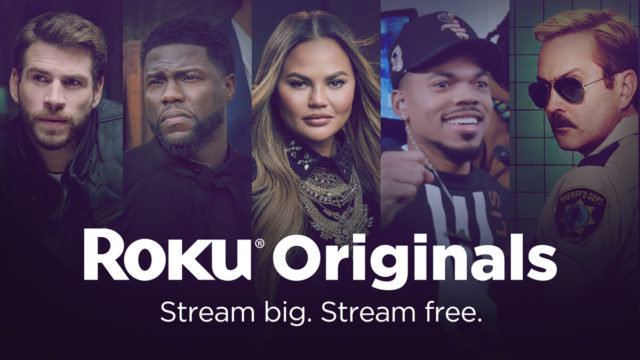
Roku collaborated with three CPG brands on the Roku Originals series.

Wishing our Colleagues, Customers, Partners and Readers a lovely festive season and a Happy New year.
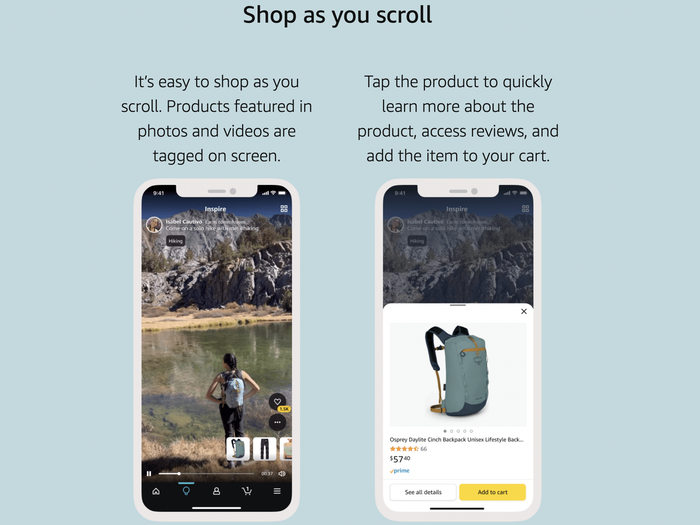
Amazon is introducing a TikTok-style service that will allow customers to purchase products from a curated stream of photographs and videos.
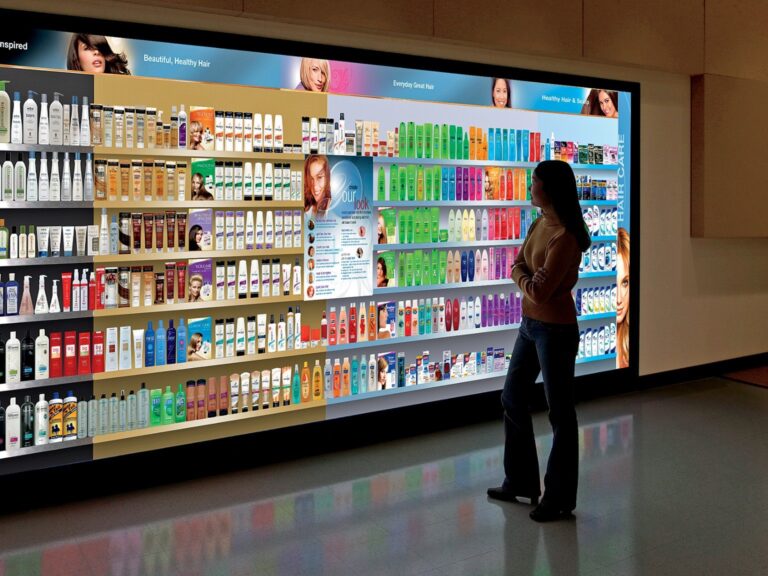
Procter & Gamble is focusing on a digital transformation of its supply chain.
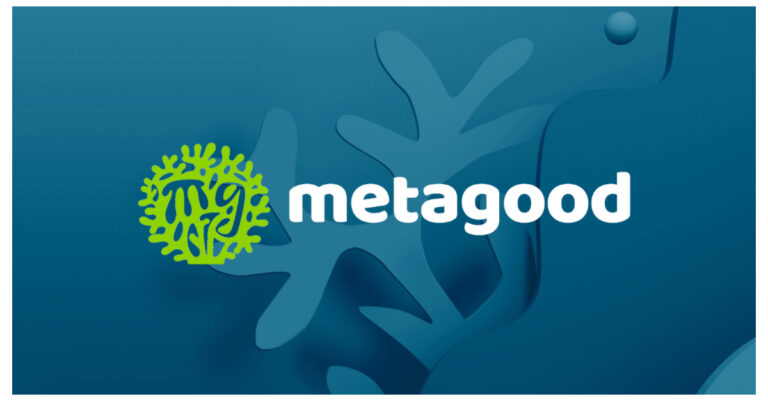
Metagood, a for-profit social impact NFT business, has secured a $5 million pre-seed financing.
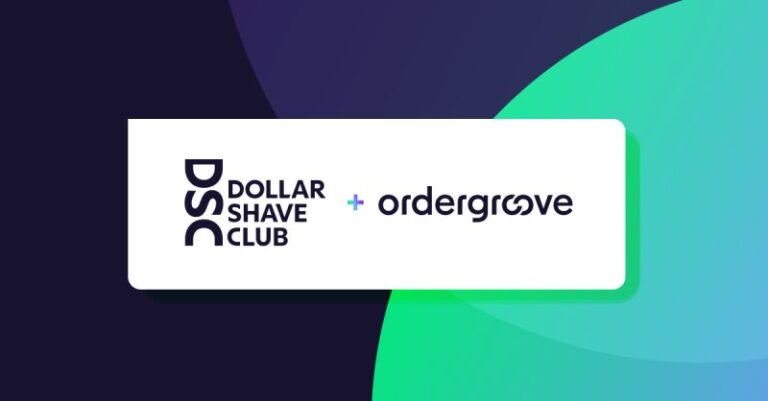
Dollar Shave Club, a DTC brand, is transitioning its subscription system from an in-house-created solution to a third-party source.
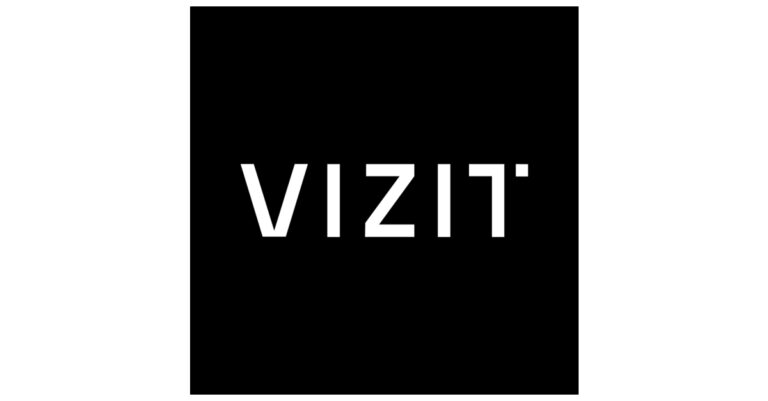
Mars aimed to reduce brand identity dilution at the digital purchasing touchpoint during the epidemic.

Three big consumer goods businesses have taken steps to reduce waste and pollution while extending the life of the items and materials we use.
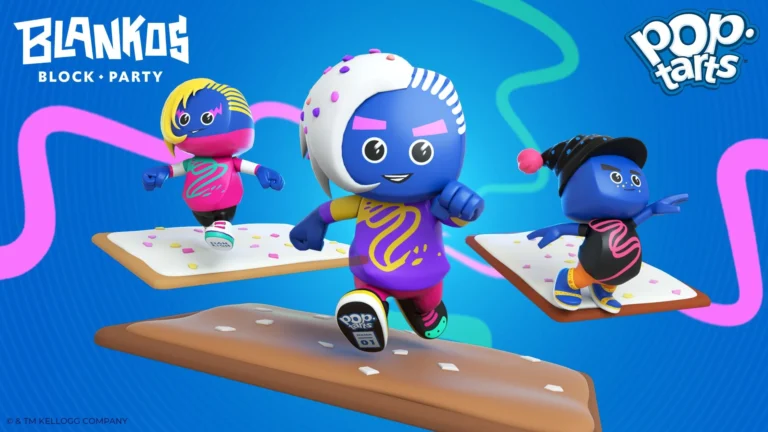
For the first time in Europe, Kellogg’s has entered the metaverse with its own Pop Tarts characters for the popular NFT-based game Blankos Block Party.

Pantone colour specialists say that by 2023, we’ll be seeing a lot more red—Viva Magenta, to be exact.
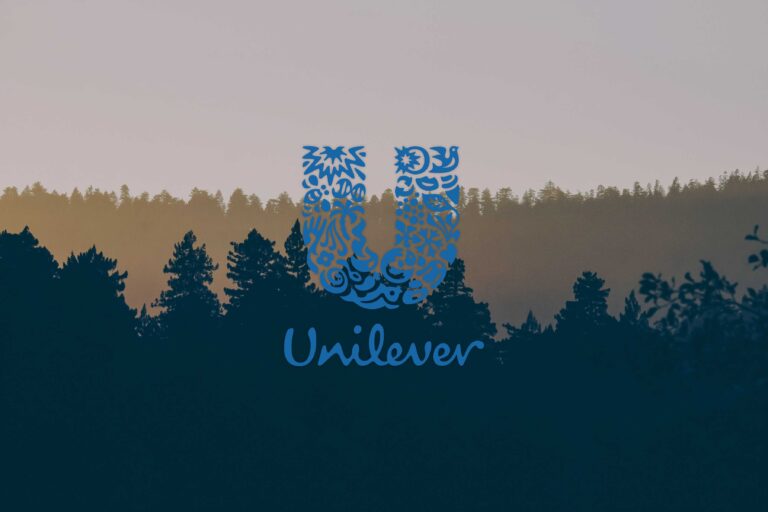
Unilever is revamping its supply chain strategy and adopting what it calls game-changing technology like artificial intelligence (AI) and satellite imaging.
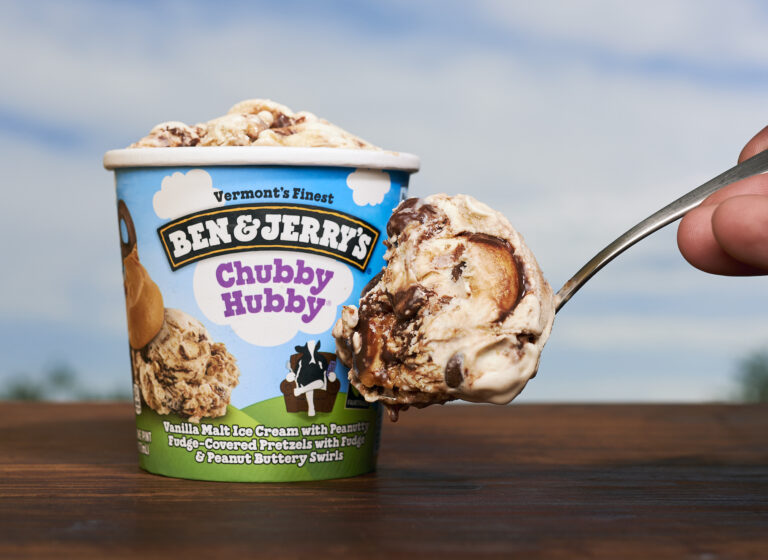
Matt Close, Unilever’s newly hired president of ice cream, indicated that he expects the CPG giant’s DTC business to generate slightly more than $500 million in revenue by 2025.

According to PMMI Business Intelligence’s 2022 report, “Challenges and Opportunities for Packaging and Processing Operations,” both consumer packaged goods companies and manufacturing companies are finding it hard to recruit and retain employees.
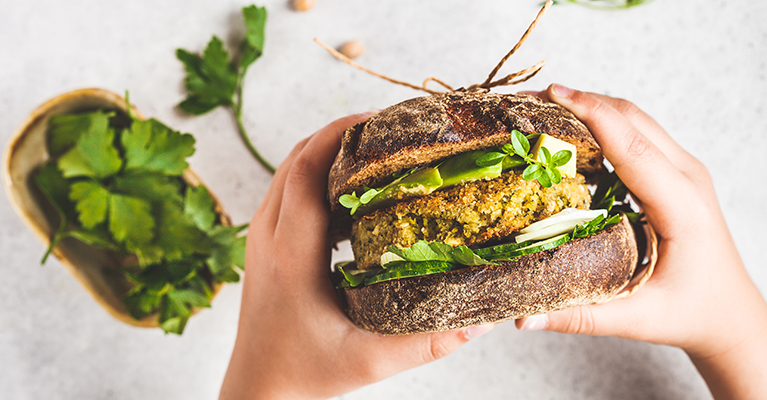
A survey revealed that 77% of respondents could be swayed to purchase more plant-based products.
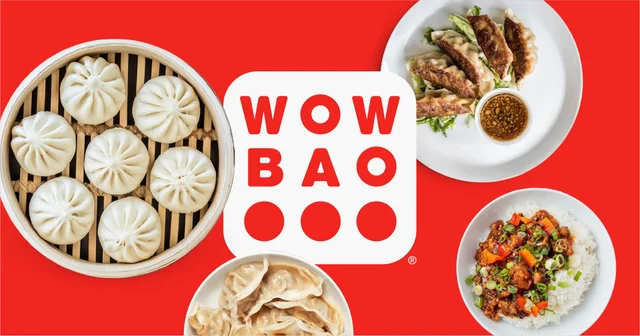
Wow Bao made its first push into the metaverse with the launch of a new NFT membership programme.

Snap collaborated with market research firm Breakthrough Research to conduct a study covering consumer views on AR
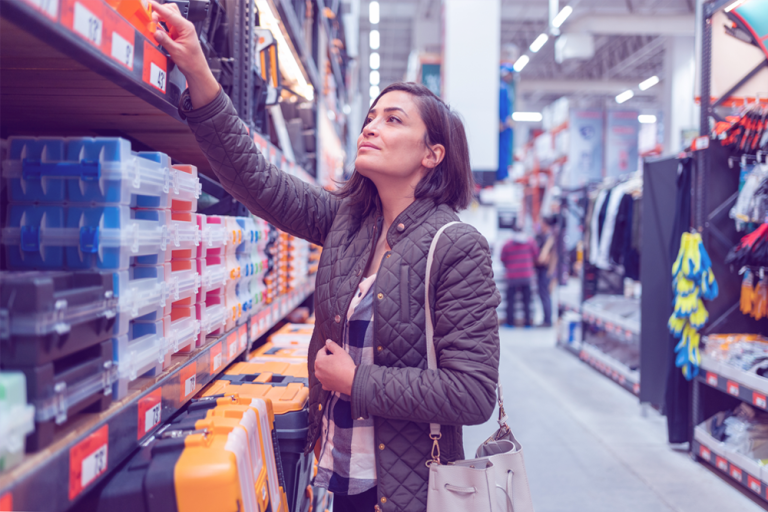
Consumers are increasingly eager to get as many of their requirements addressed online as possible, and firms that do not adapt risk falling behind.
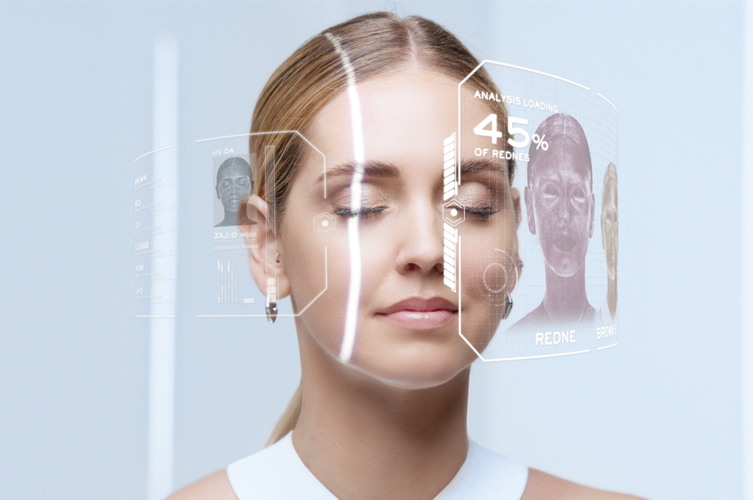
In recent years, the beauty and cosmetics industry has seen a significant increase in Artificial Intelligence (A.I.).

Whoop, a DTC business best known for its wearable fitness tracker, is venturing into retail brick-and-mortar wholesale for the first time.
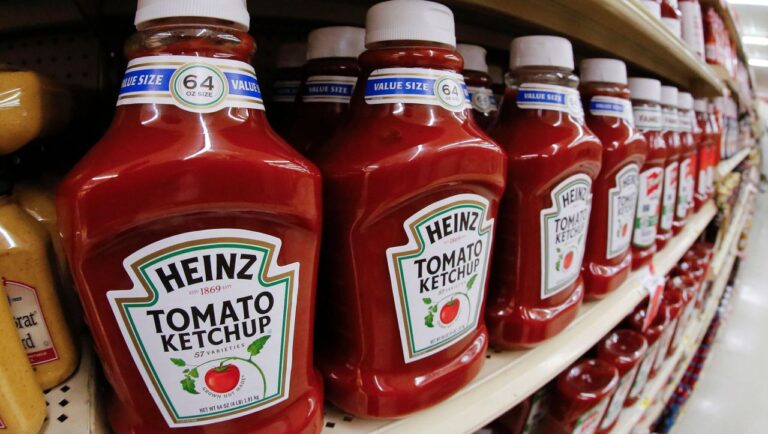
Kraft Heinz originally used Microsoft technology in April to move a large portion of its worldwide data centre assets to Azure.
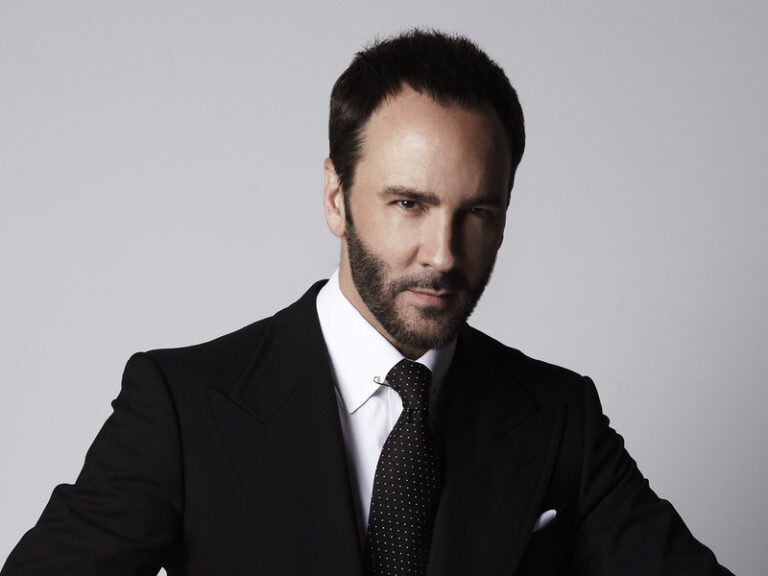
Estee Lauder Cos. is purchasing luxury giant Tom Ford in a $2.8 billion transaction.
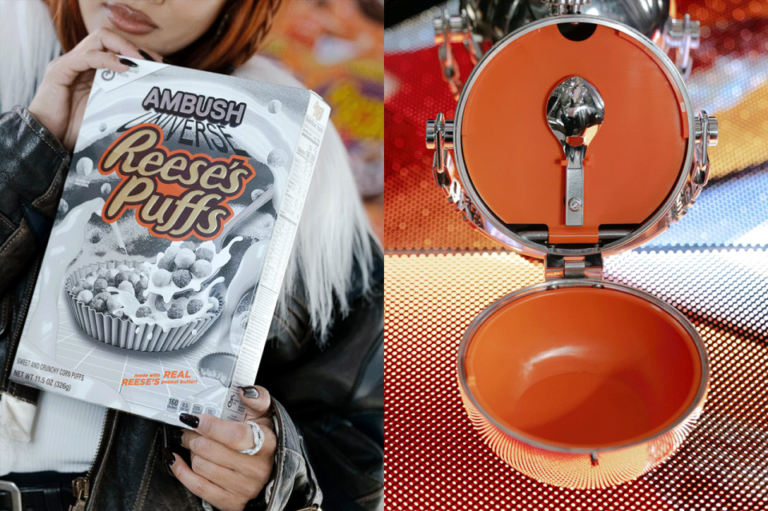
With a high-end fashion partnership, Reese’s Puffs is venturing into the metaverse.
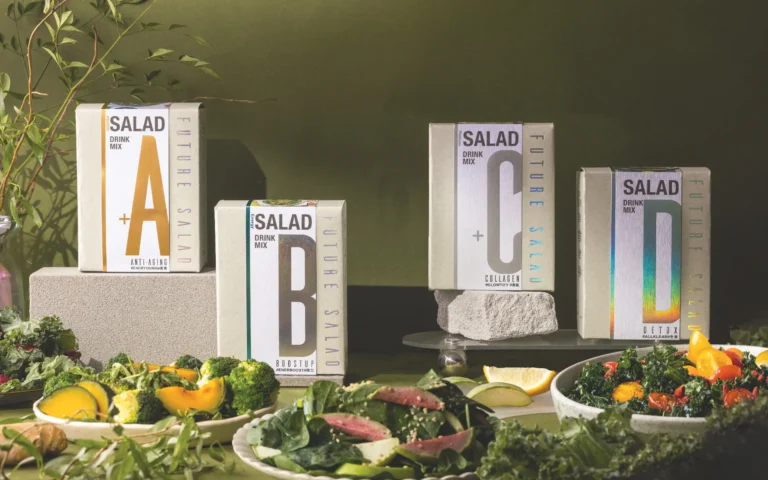
Future Salad, a Hong Kong food-tech firm founded in 2020, is moving into the international market.

Steak-umm opens a “Meataversity” dedicated to digital material, educating people on how to identify semi-truths, falsehoods, and horrible lies online.
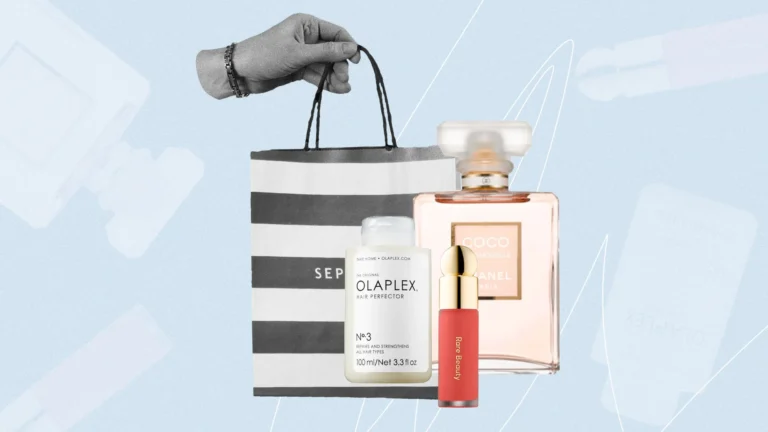
Sephora has chosen DoorDash to handle on-demand deliveries in over 500 shops across North America.
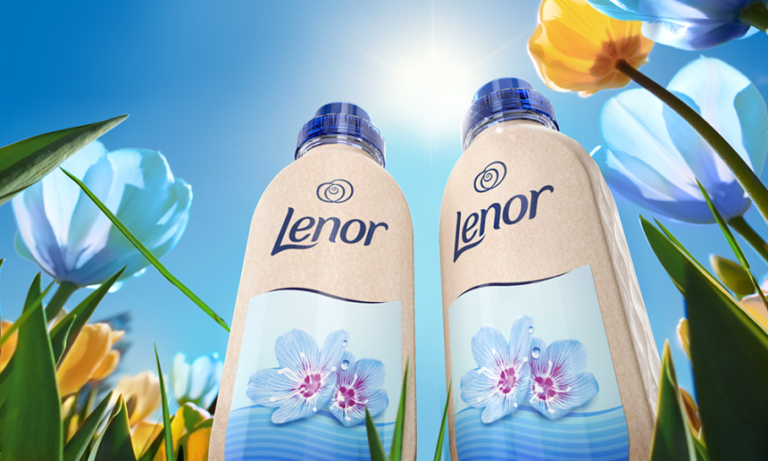
P&G Fabric & Home Care is testing conditioners marketed in paper bottles in collaboration with the Paper Bottle Company, Paboco.

Because of the widespread inventory glut, many firms are drowning in obsolete items. According to McKinsey, new product launches generate more than 25% of sales and profits across sectors.
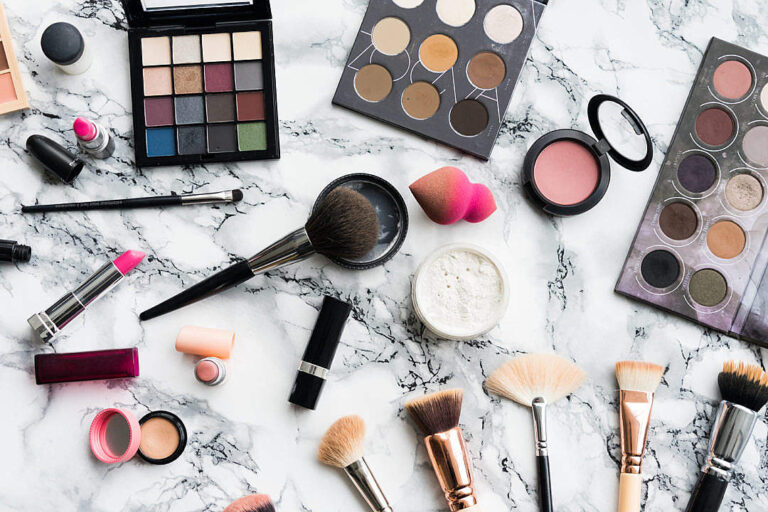
Beauty accelerators are intended to help emerging companies. To name a few, there is Sephora Accelerate, Credo for Change, Ulta Beauty’s MUSE Accelerator, Tower28’s Clean Beauty Summer School, True Beauty Ventures x Bridge Mentorship, and Glow Recipe Mentorship.
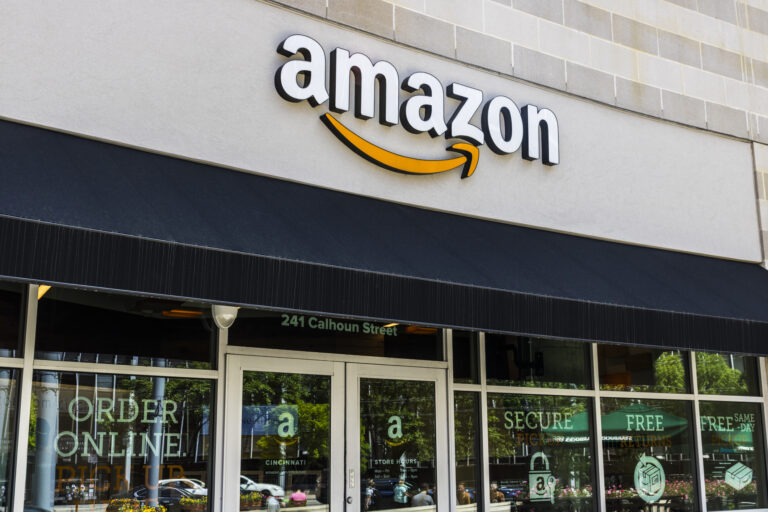
Amazon introduced a slew of new advertising options at its annual unBoxed advertising conference last week, one of which will have a direct impact on the food industry.

This time last year, web3 and NFTs were all the rage, but in light of recent events, there is rising cynicism about web3, crypto, and blockchain.

Roku collaborated with three CPG brands on the Roku Originals series.

Wishing our Colleagues, Customers, Partners and Readers a lovely festive season and a Happy New year.

Amazon is introducing a TikTok-style service that will allow customers to purchase products from a curated stream of photographs and videos.

Procter & Gamble is focusing on a digital transformation of its supply chain.

Metagood, a for-profit social impact NFT business, has secured a $5 million pre-seed financing.

Dollar Shave Club, a DTC brand, is transitioning its subscription system from an in-house-created solution to a third-party source.

Mars aimed to reduce brand identity dilution at the digital purchasing touchpoint during the epidemic.

Three big consumer goods businesses have taken steps to reduce waste and pollution while extending the life of the items and materials we use.

For the first time in Europe, Kellogg’s has entered the metaverse with its own Pop Tarts characters for the popular NFT-based game Blankos Block Party.

Pantone colour specialists say that by 2023, we’ll be seeing a lot more red—Viva Magenta, to be exact.

Unilever is revamping its supply chain strategy and adopting what it calls game-changing technology like artificial intelligence (AI) and satellite imaging.

Matt Close, Unilever’s newly hired president of ice cream, indicated that he expects the CPG giant’s DTC business to generate slightly more than $500 million in revenue by 2025.

According to PMMI Business Intelligence’s 2022 report, “Challenges and Opportunities for Packaging and Processing Operations,” both consumer packaged goods companies and manufacturing companies are finding it hard to recruit and retain employees.

A survey revealed that 77% of respondents could be swayed to purchase more plant-based products.

Wow Bao made its first push into the metaverse with the launch of a new NFT membership programme.

Snap collaborated with market research firm Breakthrough Research to conduct a study covering consumer views on AR

Consumers are increasingly eager to get as many of their requirements addressed online as possible, and firms that do not adapt risk falling behind.

In recent years, the beauty and cosmetics industry has seen a significant increase in Artificial Intelligence (A.I.).

Whoop, a DTC business best known for its wearable fitness tracker, is venturing into retail brick-and-mortar wholesale for the first time.

Kraft Heinz originally used Microsoft technology in April to move a large portion of its worldwide data centre assets to Azure.

Estee Lauder Cos. is purchasing luxury giant Tom Ford in a $2.8 billion transaction.

With a high-end fashion partnership, Reese’s Puffs is venturing into the metaverse.

Future Salad, a Hong Kong food-tech firm founded in 2020, is moving into the international market.

Steak-umm opens a “Meataversity” dedicated to digital material, educating people on how to identify semi-truths, falsehoods, and horrible lies online.

Sephora has chosen DoorDash to handle on-demand deliveries in over 500 shops across North America.

P&G Fabric & Home Care is testing conditioners marketed in paper bottles in collaboration with the Paper Bottle Company, Paboco.

Because of the widespread inventory glut, many firms are drowning in obsolete items. According to McKinsey, new product launches generate more than 25% of sales and profits across sectors.

Beauty accelerators are intended to help emerging companies. To name a few, there is Sephora Accelerate, Credo for Change, Ulta Beauty’s MUSE Accelerator, Tower28’s Clean Beauty Summer School, True Beauty Ventures x Bridge Mentorship, and Glow Recipe Mentorship.

Amazon introduced a slew of new advertising options at its annual unBoxed advertising conference last week, one of which will have a direct impact on the food industry.
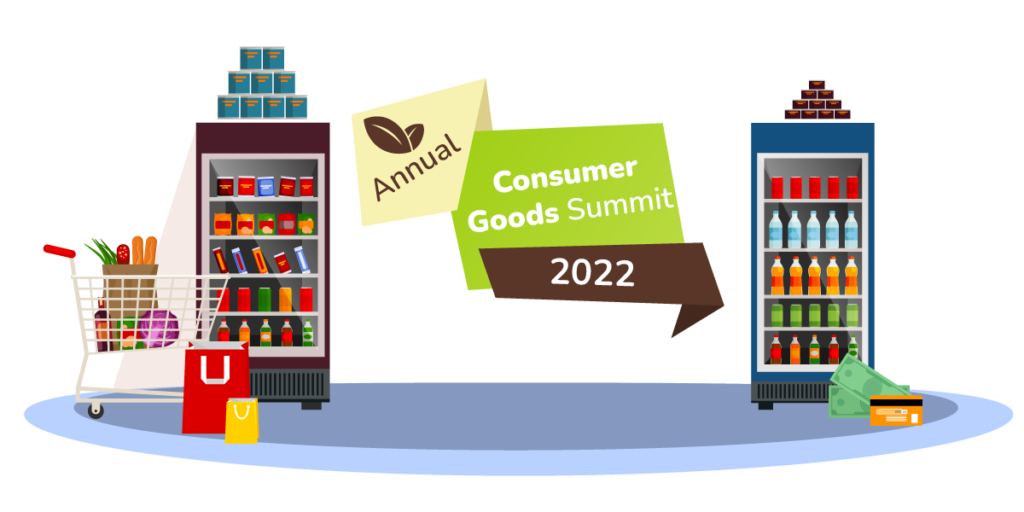
Consumer Goods industry will surpass $15T globally by 2025. However the old business model of mass distribution is about to become obsolete. Digital Transformation, Millennials and Gen Z effect, Direct to Consumer and Post-Covid World are going to reshape the winning formula for the new era CG industry. Our weekly newsletter covers global innovations and disruptions in CG industry.
ConsumerGeniuses is managed by IndustryGeniuses (A place where industries meet innovation). We are rolling out content platforms for the world’s hottest industries such as Food & Grocery Retail, Consumer Goods and Healthcare. For each of these key industries, we support Tech Startups and Industry Disruptors as they roll out next generation digital initiatives.
IndustryGeniuses team brings practical domain knowledge of working with 300+ tech startups and brands over the past decade.